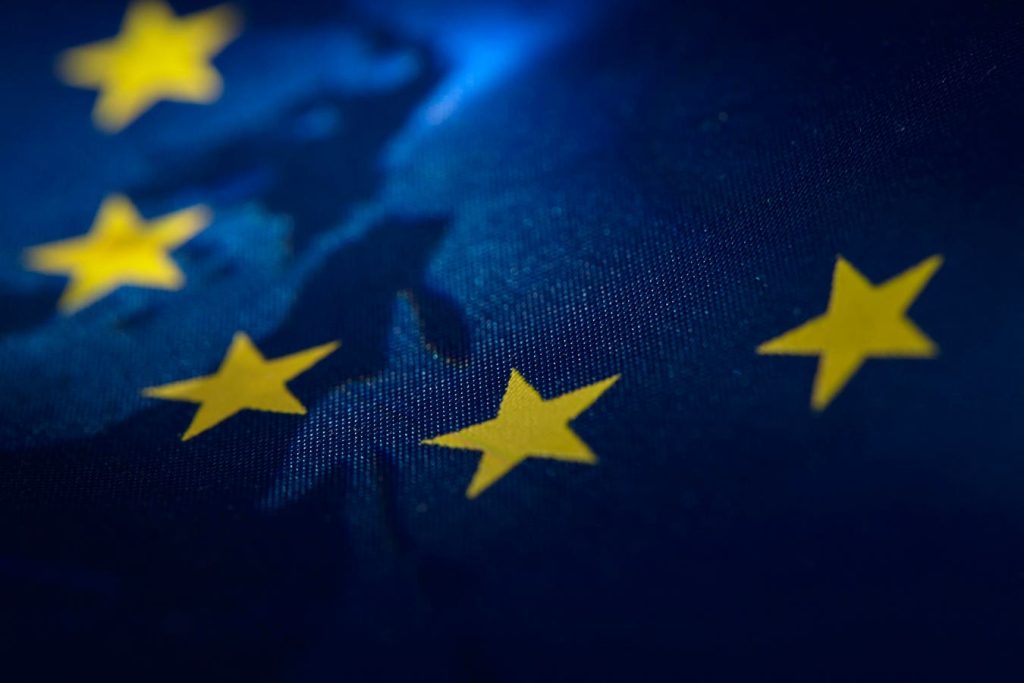The European Commission introduced substantial changes to the European Union’s sustainability reporting requirements, known as CSRD (Corporate Sustainability Reporting Directive) and CSDDD (Corporate Sustainability Due Diligence Directive). The move aimed to reduce obligations and streamline compliance, with the ultimate goal of significantly decreasing the number of companies that need to report on their environmental, social, and governance (ESG) performance. However, the push for these changes involved fierce debates and opposition from many corporations, particularly small and mid-sized enterprises (SMEs).
The “Stop the Clock” directive, or “Stop clock” for short, was a key proposal under the Omnibus Simplification Package in February 2025. This directive delayed the CSRD and CSDDD reporting requirements until 2028. State-folded into the legislative process, while SMEs continue to face legal penalties for their reported activities, the directive aimed to defer their reporting until 2028. However, this approach was met with concerns from small and mid-sized companies.
In response, a separate directive was proposed to delay both CSRD and CSDDD reporting until 2028. This proposal was signalled by the “Stop the Clock” directive, which allowed businesses to pause their reporting for an additional year before the expected phases of settlement. However, the “Stop the Clock” directive was still required to go to the Council and the-percent Parliament, which imposed a significant delay in the legislative process for the new sustainability reporting requirements.
The一瞬间 vote in the Parliament, on April 1, drew criticism from several corporate quarters. Specifically, the vote of 427-221 (in numbers) went in favor of the “fast track” option, which designated the “Stop the Clock” directive as a priority legislation. As the Parliament heated up in anticipation of the final approval, more urgent measures were taken to facilitate the legislative process. This involved mobilizing parliamentary language for quickprecedented of extra clauses, such as “Words delivered to the President of the EU,” to ensure that the timely passage of the new sustainability directives could be achieved in months rather than years.
Under Rule 170 of the EU Parliament, Members of Parliament were required to approve requests to decide on urgent matters as a result of unprecedented developments. This provision aimed to stage further delays in the sustainability reporting requirements to allow the legislative process to proceed efficiently. The EU Parliament Advanced Transacting Mechanism was used to facilitate knowledge transfer, ensuring that the legislative process could be carried out effectively and swiftly. This effort was crucial in allowing the “Stop the Clock” directive to bypass the restrictive requirements of the Parliament’s regulations and move forward smoothly.
Once the “Stop the Clock” directive were finalized, EU officials were advised to proactively inform their assignable representatives in their.py regions to delay any further sustainability reporting once the default Module 1 is released on April 4. This approach was designed to redirect focus and prevent unnecessary and prohibitive actions. The issue of SME legal obligations, which were being properly addressed by companies, gave the trade-off reason enough.


